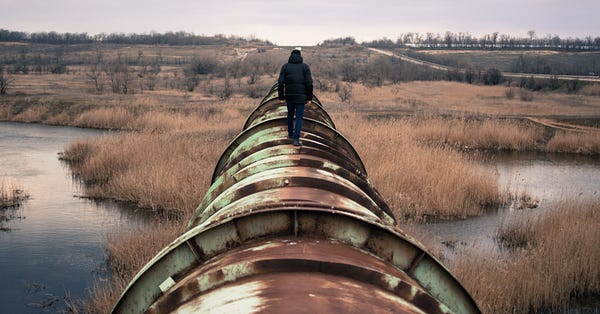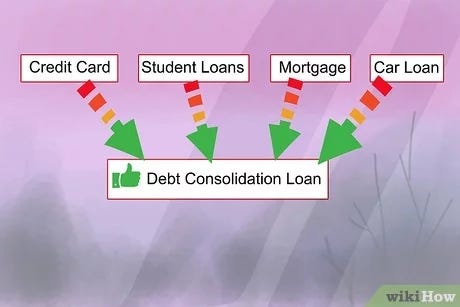I know you’re stressed, so I’m asking you to care less
Please click on my click-bait title to read about how I see stories helping us cope with war, climate crisis and the future
It’s a lot right now, so let’s make it less
Have you ever seen one of those advertisements that tells you how you can take all your monthly payments and turn them into ‘one easily-payable bill?’ The idea with loan consolidation is you turn all these little nagging awful things into one big thing that’s easier to deal with. That’s what stories do for us, and that’s what we need to do right now to survive these stressful times.
Stories are a human way of taking all the overwhelming information and stimuli that come at us in our daily lives and turn them into something we can deal with, one big truth that is less stressful. We only have a limited amount of brain energy, of attention, and when lots of little things come at us – or lots of BIG THINGS – then we can often respond by simply cutting off, and dropping out.
We can’t afford to do that right now, so what we need to do is build these kinds of consolidated stories. You already know what I’m talking about. We’re facing a Russian invasion of Ukraine at the same time as the pandemic is still affecting us, at the same time as we haven't really recovered from the financial crisis, at the same time as political extremism is very high in the USA and other major countries, and at the same time as the climate crisis only keeps getting worse?
That’s a really stressful sentence just to write! Sorry for making you read it. So here’s the pay off. It’s all the same thing. When we talk about all these issues we are not really talking about different things that we need to switch between, like a performer running around spinning plates. In actuality we’re talking about symptoms of the same crisis. The fever, the rash, the tiredness; they are all caused by the same little virus.
Let me just pause here and say that I, personally, am doing all I can to help the people of Ukraine and to resist the Russian invasion. The only reason I want to say that is because it feels like this post could seem like I am using the war as the basis for a rather distant and comfortable argument about other things. This post isn’t directly about the invasion, because I don’t have anything useful to say about that. What I think I can contribute is to allow us to act more effectively to help Ukrainians – and others – by learning ways to face this multifaceted crisis in a sustainable way using stories.
Too many demands on your brain’s bank account
On Monday we saw the release of a new IPCC climate report. Big news. Too big. A climate scientist who I respect a lot wondered why more people weren’t paying attention:



The reason is quite simple. We’re all out of attention. It’s a finite resource.
Likewise there’s attacks on the right to choose in the USA. Can people manage to care about that as well?

This was my response.

Circling back to what I said at the start, this is exactly how I consolidate all my worries into one big story about the struggle we are facing. You can already see how Trump, Putin and climate change all fit together, can’t you? They are all parts of the same fossilised fossil-fuel death-machine that we need to shut down.
Here’s something I also wrote about building stories in a crisis. We have to build for all the crises at once.

Thank you for following my argument so far. Let’s turn to the powerful fact that stories work, not only to help us cope, but also to help us change the world.
Here’s two examples from the ongoing Russian invasion


So circling back to my point about stories as infrastructure for the future, we are in a pivotal moment where what stories we tell each other is also going to affect what paths we take from here.


More good news
Also this week the European Union suddenly abandoned a lot of its old policies. It suddenly offered asylum to millions. It suddenly decided to oppose Russian oil and gas projects. It suddenly discovered that it has money to spend by the hundreds of billions. I see this all as part of what Alex Steffen calls a snap-forward.
The snap-forward is a kind of sudden change you get when the way has been prepared, experts and others already know its the right thing to do, the forces pushing for change become unbearable and then you get sudden cascading change, as the old systems holding back change have catastrophic failures. Political will can snap-forward very fast, and the stories we tell right now can not only be part of building pressure for change, but also part of guiding what direction the sudden change takes.
We need to make sure this crisis means a climate snap-forward as well. So what I’m trying to say is if we tell the right stories now, then we can not only cope with the present but make the future what we want.
With love
Loukas






Do you want to say a bit more about stories as the infrastructure for the future?